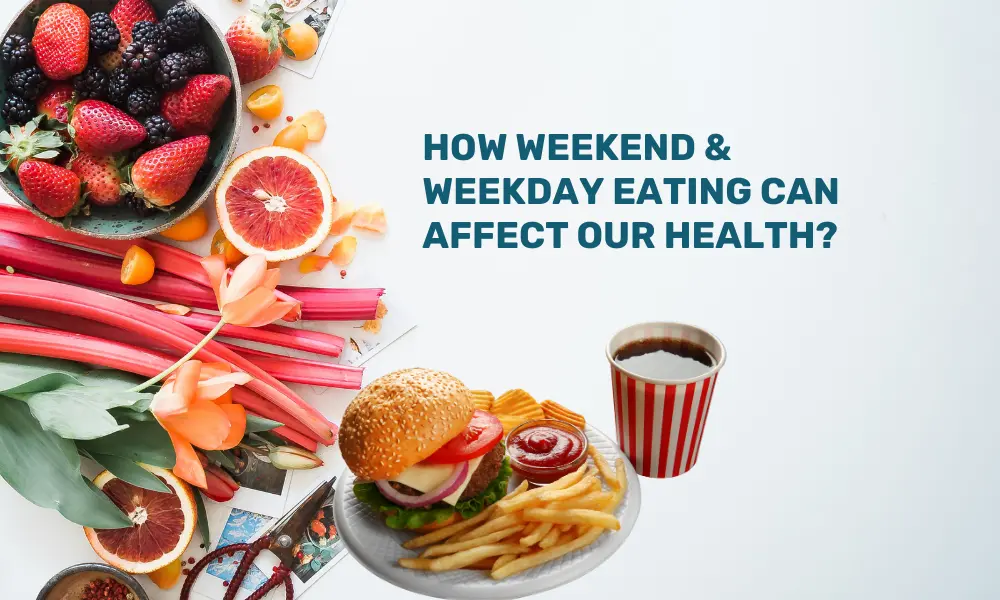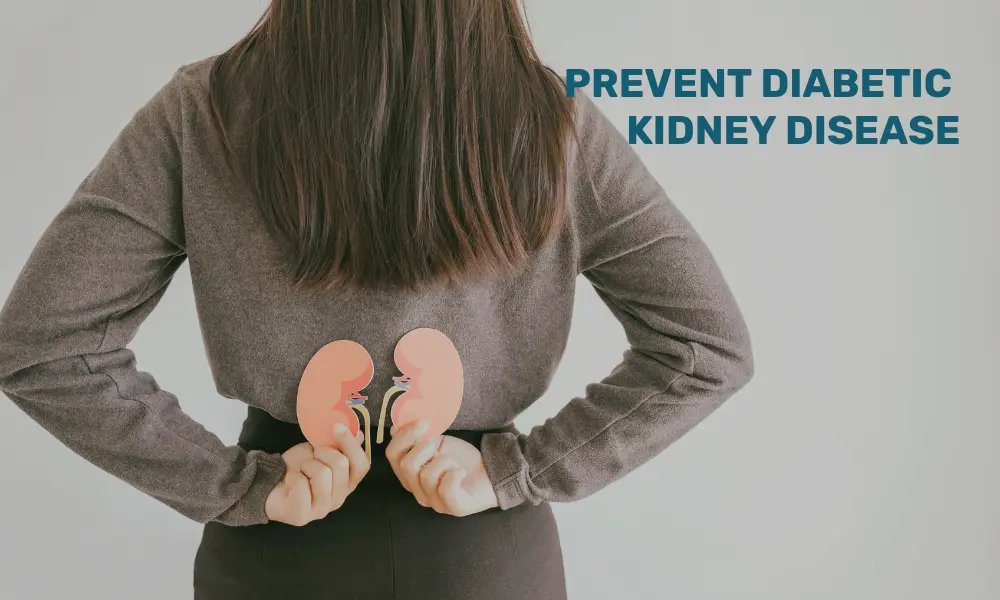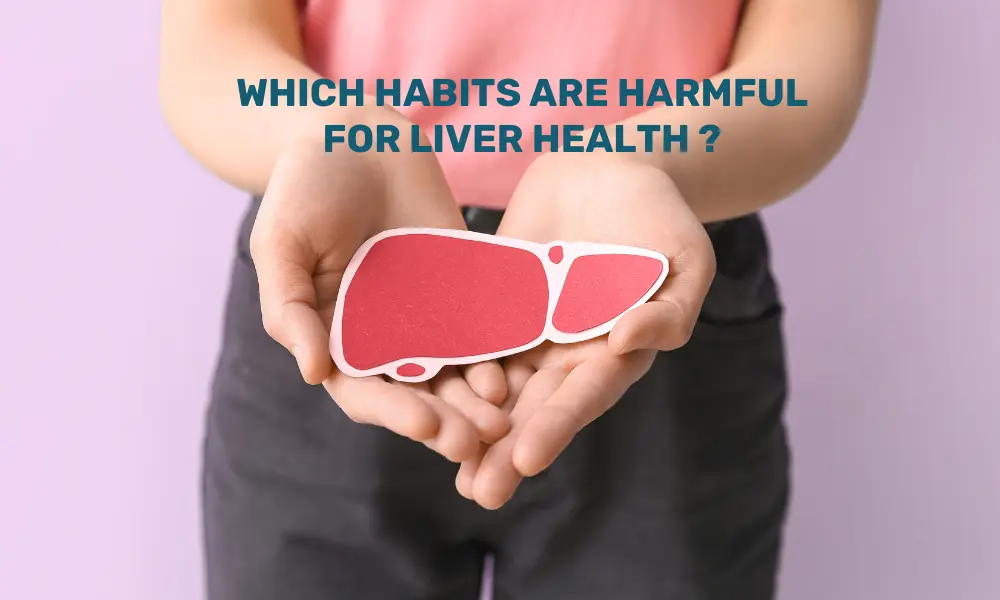With our busy schedules during the weekdays, we often feel fatigued on weekends, leading to mindless indulgence in the name of unwinding. This shift is noticeable in eating habits, with weekdays marked by excessive caffeine intake, rushed lunches, and sometimes even missed meals. Meanwhile, weekends become a free-for-all of takeout, late-night snacks, processed foods, and excessive drinking, leading to overeating. But this unpredictable eating cycle is silently wrecking your gut health.
This common pattern of weekend overindulgence followed by weekday neglect is detrimental to our gut health, potentially triggering gastrointestinal issues. Here is a guide covering how the common weekday and weekend eating patterns look and what the resultant consequences are on your gut:
Eating habits during weekdays and their impacts
1. Missing breakfast and rescheduled meals:
-
Work stress and hectic schedules often lead individuals to skip breakfast or delay lunch until late afternoon.
-
This irregular eating pattern confuses the natural rhythm of the gut, leading to increased acid production between meals and heightening the risk of gastritis, heartburn, and ulcers.
2. Speed-eating and poor food choices:
-
Throughout the workweek, individuals often rush through meals or grab packaged snacks due to a lack of time.
-
Inadequate chewing or eating while on the move lowers digestive enzyme effectiveness, leading to indigestion and nutrient malabsorption.
3. Irregular eating causes irregular bowels:
-
With irregular meals, the bowel movements are irregular as well. Constipation, bloating, or a sudden urge to defecate are common in individuals who eat irregularly.
-
For individuals with pre-existing conditions like IBS (Irritable Bowel Syndrome), these changes cause flare-ups.
Eating habits during the weekend and their impacts
1. Alcohol and digestive irritation:
-
Excessive weekend drinking is irritating to the stomach lining, stimulates acid production, and impairs nutrient absorption.
-
It also lowers the pressure in the lower oesophageal sphincter, leading to or aggravating acid reflux.
2. Sudden caloric surges:
-
Such an abrupt surge can overburden the stomach and intestines, hindering digestion and causing discomfort, bloating, acid reflux, constipation, and bowel movements.
-
Weekend binge-eating, be it ordering takeout, drinking alcohol, or having several cheat meals, overloads the digestive system with too much fat, sugar, and processed foods.
3. Disturbance of gut microbiome:
-
The gut loves consistency and high-fibre, balanced meals. Consuming large amounts of high-fat, low-fibre meals can have adverse effects on the gut microbiota, the community of beneficial bacteria that support digestion and immunity.
-
Disturbing this balance may lead to inflammation, digestive intolerance, and even mood swings.
Effects of this unhealthy eating cycle on gut health
The gut is not prepared to manage feast-or-famine patterns. Continuously oscillating between overeating and undernourishment can lead to:
1. Induce functional gastrointestinal disorders such as dyspepsia and IBS.
2. Boosts the risk of acid reflux, constipation, and diarrhoea.
3. Weaken gut immunity, with increased susceptibility to infections.
4. Contribute to metabolic conditions such as insulin resistance and non-alcoholic fatty liver disease (NAFLD).
5. Affect mental health through the gut-brain axis—bad gut health can exacerbate anxiety, fatigue, and brain fog.
Healthy eating habits to follow throughout the week
1. Maintain a regular meal timing:
-
Eat at frequent intervals, even during weekends.
-
A little indulgence is okay, but avoid sudden shifts in food quality or quantity.
2. Practice portion control during indulgences:
-
Instead of overloading the plate, savour your food in moderation.
-
Opt for grilled or baked items over deep-fried ones when possible.
3. Avoid skipping meals:
-
If your mornings are busy, prep simple, gut-friendly meals like fruit with yoghurt or whole-grain toast with eggs.
4. Hydrate and move:
-
Water supports digestion, and physical activity helps regulate bowel movements.
-
A short walk after meals can reduce bloating and aid digestion.
5. Limit caffeine and alcohol:
-
Both irritate the stomach and interfere with digestion.
-
Balance them with proper hydration and avoid drinking on an empty stomach.
6. Listen to your gut:
-
Persistent symptoms such as acidity, bloating, or irritable bowel do not go away.
-
Seek medical help to rule out underlying gastrointestinal disease.
The weekend binge, weekday crash cycle is a sustainable lifestyle only in the short term, yet it puts undue stress on the gut and deranges its function in the long run. The secret to long-term digestive well-being is not deprivation or excess, but balance.
Disclaimer: This article is meant for informational purposes only and must not be considered a substitute for professional advice.





